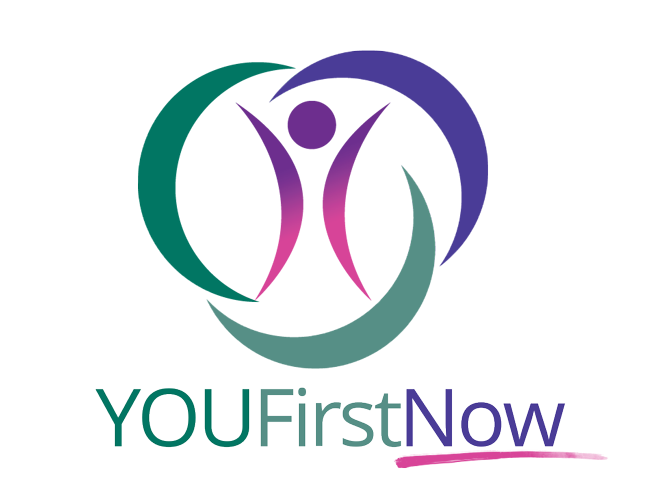How The Ego Serves You for Personal Growth & Self-awareness
The concept of the ego, as explained by Freud, serves a pivotal role in the psyche by mediating between the primal urges of the id and the societal norms imposed by the superego. Essentially, it acts as a rational entity operating at the conscious level, shaping our perceptions of self and interactions with others.
In everyday life, the ego plays a crucial role in how we navigate challenges and decisions. It's the facet of our consciousness that we are most aware of when reflecting on ourselves and presenting ourselves to the world. However, its influence isn't always straightforward or beneficial. At times, the ego can lead to conflict, insecurity, or a disconnection from our authentic selves.
For instance, conflicts often arise when the ego becomes overly defensive or reactive, especially in response to criticism. The id may prompt immediate emotional reactions, such as anger or hurt, while the superego urges us to maintain composure and professionalism. The ego ideally steps in to evaluate the criticism objectively, considering its validity and responding thoughtfully, which fosters growth and constructive dialogue.
Moreover, the ego's role extends beyond mere conflict resolution. It also influences our daily habits and self-discipline. When faced with decisions like skipping a workout, the id may prioritize immediate gratification (relaxation), while the superego emphasizes the long-term benefits of health and discipline.
The ego strikes a balance by suggesting compromises or alternative plans, such as adjusting the workout schedule to accommodate both relaxation and fitness goals.
In the context of self-awareness exercises like the "I am, yeah but" exercise from the YFN Community's Self Care Workshop, individuals are encouraged to identify the sources of their internal dialogue. This practice helps distinguish between the ego (represented as the "energy drainer" or the voice of resistance), the true self (the healthiest and most authentic version of oneself), and the inner child (rooted in past experiences and emotional reactions).
By recognizing these different facets of the psyche, individuals can cultivate curiosity and mindfulness. They can explore why certain thoughts or reactions arise, thereby gaining insights into their motivations and behaviors. This self-awareness is essential for personal growth, as it enables individuals to make conscious choices aligned with their values and aspirations, rather than being driven solely by instinctual urges or societal pressures.
Furthermore, understanding the ego's role in shaping perceptions and behaviors empowers individuals to engage more authentically with themselves and others. It encourages empathy and compassion, as individuals become more adept at recognizing and managing their own ego-driven responses while appreciating the complexities of others' perspectives.
In conclusion, while the ego can sometimes lead to internal conflicts or a sense of disconnection from our true selves, it also serves as a critical tool for navigating life's challenges with rationality and self-awareness. By cultivating mindfulness and understanding its dynamics, individuals can harness the ego's potential for personal growth, resilience, and genuine connection in their personal and professional lives.

